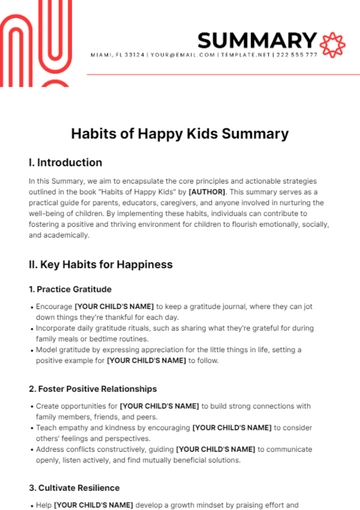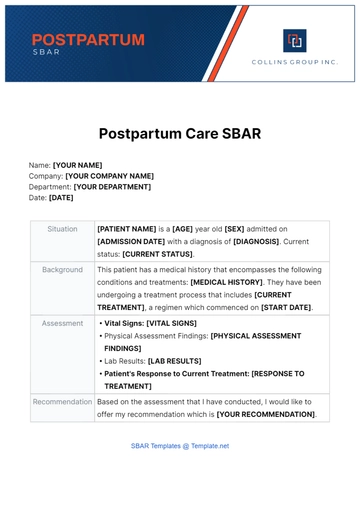Free TV Watching Rules

1. Introduction
Television is a significant part of modern life, offering both entertainment and educational content. However, managing TV-watching habits is crucial for maintaining a balanced lifestyle, ensuring age-appropriate content, and fostering healthy family interactions. TV Watching Rules provide a structured approach to regulating screen time, promoting suitable content, and setting boundaries that align with the needs and well-being of all family members.
2. Purpose
To manage and regulate television viewing to promote a balanced lifestyle.
To ensure appropriate content consumption based on age and maturity.
To foster healthy viewing habits and family interaction.
3. Screen Time Limit
3.1 Daily Limits
Children (Ages 2-5): No more than 1 hour of screen time per day.
Children (Ages 6-12): Maximum of 2 hours of recreational screen time per day.
Teens (Ages 13-18): Limiting screen time to 2-3 hours per day is recommended.
3.2 Weekly Limits
Family Screen Time: No more than 14-21 hours of TV watching per week, depending on the age group.
Educational Content: Time spent on educational programming can be considered separately from recreational limits.
4. Content Guidelines
4.1 Age-Appropriate Content
Preschool (Ages 2-5): Content should be educational, non-violent, and age appropriate.
Early Elementary (Ages 6-8): Programming should be both educational and entertaining, with positive messages.
Late Elementary and Teens (Ages 9-18): Content can include a wider range of topics but should be monitored for appropriateness and relevance.
4.2 Content Restrictions
Violence: Avoid shows and movies with graphic violence or disturbing themes.
Explicit Language: Ensure content does not include inappropriate language for the age group.
Advertising: Be cautious of programs with excessive advertising, especially for products targeting children.
5. Viewing Schedule
5.1 Family Viewing Time
Designated Times: Establish regular times for family TV watching to encourage bonding (e.g., Friday evenings).
Special Occasions: Allow for occasional exceptions during special events or family gatherings.
5.2 Screen-Free Times
Meals: No TV during meal times to encourage family conversation.
Bedtime: Avoid screens 1 hour before bedtime to promote better sleep hygiene.
Homework: No TV during designated homework time.
6. Consequences
6.1 Non-Compliance
Loss of Privileges: Screen time reduction or TV privileges removal if rules are not followed.
Alternative Activities: Encourage participation in alternative activities, such as reading or outdoor play, as a replacement.
6.2 Positive Reinforcement
Rewards: Use of rewards or incentives for following the rules, such as extra TV time on weekends or special movie nights.
7. Review and Adjustment
7.1 Regular Review
Monthly Check-ins: Review TV-watching habits monthly to ensure compliance and effectiveness of the rules.
Feedback: Solicit feedback from family members to make adjustments based on their needs and preferences.
7.2 Adjustments
Age Changes: Modify rules as children grow older and their needs change.
Technological Changes: Adapt rules to accommodate new technologies and platforms like streaming services.
7.3 Update Procedures
Annual Review: Conduct a comprehensive review of TV watching rules annually to ensure they remain relevant and effective.
Family Discussion: Involve all family members in discussions about potential changes to the rules.
8. Conclusion
Implementing TV Watching Rules helps to create a balanced approach to television consumption, promoting healthy habits and appropriate content for all family members. By setting clear limits, guidelines, and schedules, families can ensure that TV watching enhances rather than detracts from their overall well-being and quality time together. Regular reviews and adjustments to these rules will help maintain their effectiveness and relevance as circumstances develop.
- 100% Customizable, free editor
- Access 1 Million+ Templates, photo’s & graphics
- Download or share as a template
- Click and replace photos, graphics, text, backgrounds
- Resize, crop, AI write & more
- Access advanced editor
Introducing the TV Watching Rules Template from Template.net! This editable and customizable template allows you to tailor your TV-watching guidelines effortlessly. Editable in our AI Editor Tool, it ensures a seamless experience in creating rules that fit your family’s unique needs. Simplify your TV time management with this flexible and user-friendly template today!





